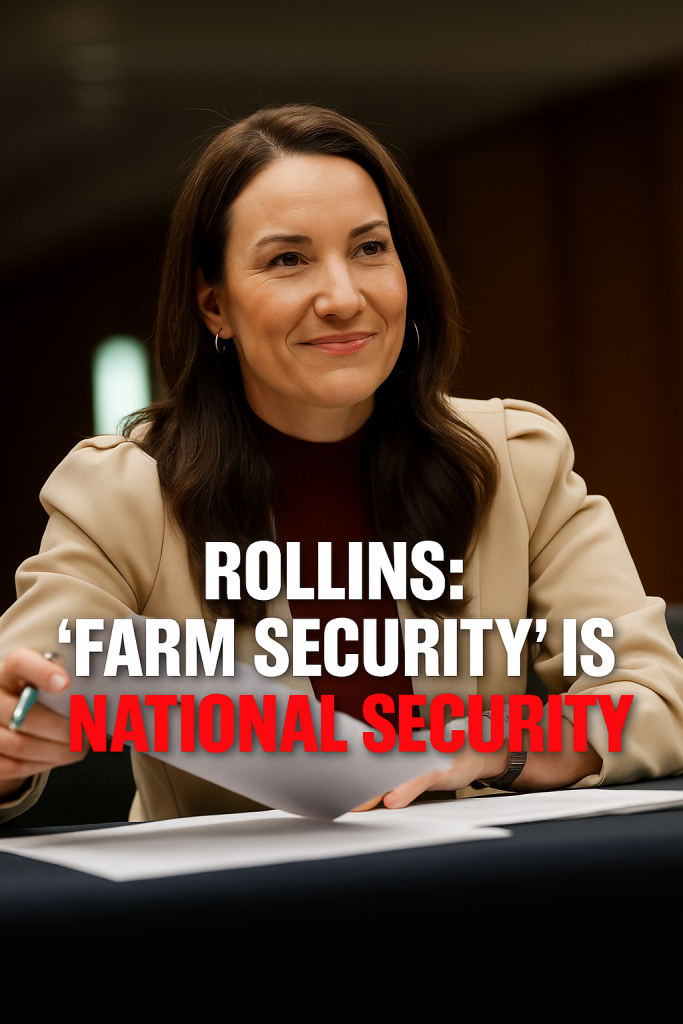Agriculture Secretary Brooke Rollins recently detailed on Sean Hannity’s program the bold and “unprecedented actions” taken by the Trump administration aimed at ensuring the United States remains the “world’s superpower.” Her remarks shed light on the administration’s strategic focus on the agriculture sector as a critical pillar to American economic strength and global influence.
During the interview, Rollins emphasized how the administration’s policies have been geared towards revitalizing American agriculture, reinforcing supply chains, and boosting domestic production to enhance national security. She explained that this approach is part of a broader vision to maintain U.S. economic primacy amid intensifying global competition, particularly from nations expanding their agricultural capabilities and trade influence.
Unprecedented Initiatives to Strengthen Agriculture
Rollins outlined several key initiatives, describing them as “unprecedented” in scope and execution. The Trump administration reportedly prioritized investments to modernize infrastructure critical to farming and rural communities, including expanding broadband access to improve market connectivity for farmers. Additionally, enhanced trade negotiations reopened markets abroad for American agricultural products, countering previous declines in export competitiveness.
She highlighted the administration’s efforts to stabilize farming communities by supporting innovative technologies and sustainable practices, aiming to make American agriculture more resilient against climate volatility and global disruptions. Rollins also referenced emergency measures deployed to safeguard the food supply chain during challenging periods, ensuring both producers and consumers were protected.
Agriculture as a National Security Strategy
Significantly, Rollins framed agriculture policy as intertwined with national security objectives. She underscored that food independence and the ability to feed not only the nation but also crucial allies underpin America’s strategic standing. By securing the agricultural sector, the administration sought to prevent vulnerabilities that adversaries might exploit through economic or geopolitical leverage.
“Food security is national security,” Rollins asserted. “Our actions are designed to make certain that America is never reliant on foreign producers for critical agricultural commodities. This self-reliance forms a bedrock of superpower strength.”
Ensuring Future Growth and Competitiveness
Looking ahead, Rollins indicated that continued innovation and government support would be essential to sustain American agriculture’s competitive edge. She mentioned ongoing research investments, improved regulatory frameworks, and encouragement of private-sector partnerships aiming to propel the sector into the future.
Rollins’ remarks resonated strongly amid persistent debates over U.S. manufacturing and trade policy, where agriculture is often underappreciated despite its substantial contribution to GDP and employment. By spotlighting these efforts, the administration sought to position rural America as a cornerstone of economic strength driving the nation’s global leadership.
Overall, the interview offered a detailed account of how the Trump administration’s agriculture policies are extensively tailored to fortify the U.S. on multiple fronts. Through modernization, trade, security, and technological advancement, the administration is betting that a revitalized agricultural foundation will play a decisive role in maintaining the United States’ status as the “world’s superpower.”



